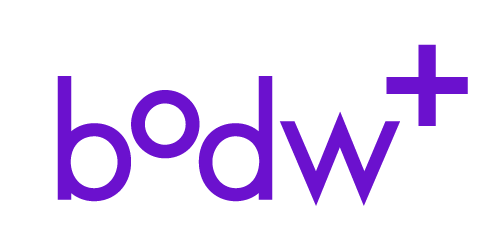Part 4: Connected Health & Wellbeing
Is healthcare ripe for disruption? How can the ageing experience be improved and more inclusive? Is wellness just a buzzword? What technologies will hospitals adopt in the near future?
The Covid-19 pandemic will not be the last global health crisis. Design for wellbeing, particularly in ageing societies, is in need of radical transformation. Future wellness requires ever more profound innovations in myriad aspects of our lives, ranging from the urban environment we inhabit and the lifestyles we adopt, down to the food we consume. It’s time to reinterpret wellbeing from an integrated human-centred design, technology, and service perspective.
We are entering a new era in healthcare. Made ever more urgent by today’s times, technology is transforming the industry in more ways than one. The Future is Here, produced by The Economist Intelligence Unit, cites our future hospitals will increasingly rely on robotics, artificial intelligence, and other digital technologies, with healthcare professionals able to automate many of their physical and mental tasks through combinations of hardware and software.
On remote healthcare, telemedicine and telehealth are progressing. While the world’s first successful telesurgery procedure took place in 2001, remote healthcare has taken off especially during the pandemic, which has discouraged many would-be patients from taking non-essential trips to the hospital for extended periods of time.
Also on the horizon is the preventive healthcare. No longer just a buzzword, wellness has grown into a formidable global industry now estimated as a US$4.5 trillion market by the Global Wellness Institute – encompassing traditional and complementary medicine, preventive and personalized medicine and public health, mental wellness, wellness tourism and real estate, and much more. Improved health, nutrition, sleep and mindfulness are just a few of the drivers behind the burgeoning industry. Digital tools such as fitness trackers and meditation-focused apps like Headspace and Calm are also making it easier for wellness to become more accessible to a larger market.
And in places with ageing populations, improving the experience of growing old must also be regarded with importance. Elderly and end-of-life care require imagination and more compassion, even in places such as Hong Kong, where healthcare systems are already considered highly efficient. Opportunities abound for healthcare to become more holistic, inclusive, and humane.
The key speaker line-up of this year’s Summit for the related topic includes:
- Prof. Jeremy Myerson - Director, WORKTECH Academy (UK)
- Ryan Anderson - Vice President, VP of Global Research and Insights, MillerKnoll (US)
- Sean Carney - Chief Design Officer & Head of Healthcare, Transformation Services Royal Philips (NL)
- Tiffany Lau, Executive Director and Head of Urban Ecosystems, Asia Pacific, of Jones Lang LaSalle IP, Inc. (JLL) (HK)
- and others
Stay tuned for BODW2021 SUMMIT. Let’s Reset @BODW2021!
DOWNLOAD REPORT:
Global Design Reset: A Primer of Business of Design Week (BODW) 2021 and Beyond

